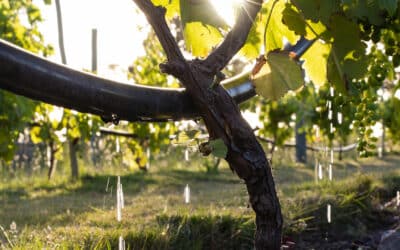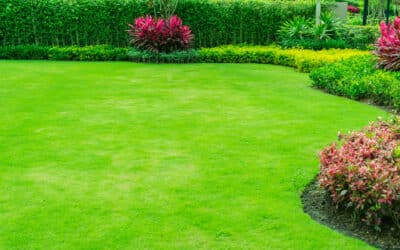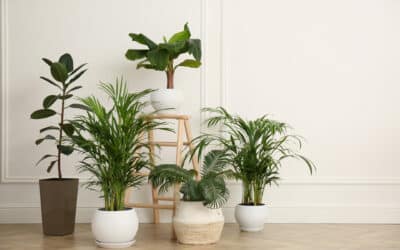Watching your garden grow is always exciting, however maintaining this beauty is important. Knowing and understanding a few key tips and tricks will allow your garden to be successful.
Picking the right plants
Making sure you choose plants best suited to the climate, soil and sunlight is key. Different plants, fruits and veggies require varying hours of sun everyday to grow, whilst also requiring extensive amounts of water, particularly in the warmer months. When you are buying seeds to plant make sure you read all the information and understand their requirements as each plant is different. Some easy to grow plants that might suit you include:
- Sunflowers
- Geraniums
- Gansies
- Cucumbers
- Tomatoes.
Another important note to make is whether your chosen plants are annuals, meaning they grow for one season before dying, or perennials, which can live for 3 or more growing seasons, as this could determine whether or not they would be successful in your garden.
Fertilising
Adding fertiliser to your garden roughly every 4 weeks will allow for the growth of healthy plants in your garden. Fertiliser comes in both organic and inorganic forms. Manure and compost are common and well known forms of organic fertiliser, whereas inorganic forms are made up of chemical components.
Jeffries CulChar Organic Fertiliser is perfect for garden beds and veggie patches. . Not only is it NASAA certified organic, it contains sustainably sourced biochar which absorbs excess nutrients and water before slowly releasing them over time as the plants require them.

Mulch
The focus of any garden is keeping the weeds out and the moisture in. Adding a layer of mulch will help do just that. As well as this, you won’t have to worry about watering as often, but also prevent weeds from growing as sunlight on the soil is reduced. There are a wealth of options available when it comes to mulch.
Jeffries Forest Mulch
Jeffries Recover Mulch
Jeffries Gardeners Choice Mulch contains an extensive range of organic matter that will condition your soil for up to 12 months.
Key benefits include suppressing weed growth, improving water retention and insulating plants from temperature fluctuations. You will have peace of mind knowing your garden is protected.

Watering
Let the soil surface dry out between waterings. Some may say this is the golden rule of gardening. It’s important to note that even if the surface is dry, below may still be moist so you may have to get your hands dirty.
When you are watering you want to be focusing the water on the root of the plant to ensure both the soil and the plants are benefiting. In addition, you want to be starting slow and building up to thoroughly soaking the plants. Why is this you may ask? As the soil is dry, water may puddle and run off the soil rather than being absorbed, which is not what you want. Adding a watering want, drip irrigation or soaker hoses will help with this.
Cover in the heat
Although there are some plants that thrive in high temperatures, more often than not during those warmer months you will need to ensure you are covering your plants. Temporary shade in the form of fine netting, umbrellas or even old sheets will do the job and won’t break the budget. Relocating posts and seedling trays to shady areas under shrubs and trees, or even taking them inside for a day will ensure your plants remain healthy.
Following these tips will ensure your garden has the neighbours jealous! Whether you’re new in the garden or have years of experience, when you choose a Jeffries compost, soil or mulch product, you are choosing the safest and cleanest recycled organic products on the market.







